Manor Lords and its mixture of RTS combat and city-building colony management give players plenty of strategies, management and puzzles to solve. With all the challenges the game throws at you, having some ideas on how to take on these possible threats and issues can help you out a lot. So, here’s 10 tips and tricks for Manor Lords to help you handle some of the more common pain points in the game.
If you’re looking to jump to a specific tip, click on one of the links below:
1. Create Small Marketplaces
2. Logistical Issues
3. Over Hire Farmers
4. The Bakery Development is OP
5. The Trade Logistics Development is OP
6. Get Burgage Plots with Extensions and Additional Living Space
7. Micromanage Your Foresters
8. Seasonal Work
9. Prepare for War
10. 10% Taxation is an easily manageable tax rate
1. Create Small Marketplaces¶
Creating smaller Marketplaces near your more distant Burgage Plots can ease some of the approval issues your people face.
Marketplaces are one of the necessary features for your settlement growth. These places will create market stalls, which will either be food, clothing or fuel-related. The stalls are often related to artisan traders, those working in logistics, or the gathering, farming or industry-related crafts and raw resources. The more you get of these, the more stalls will naturally open up.
When designing your town, we genuinely recommend having one bigger marketplace at the center of where all your Burgage Plots can access. However, when you start branching out further and further away from the center. You’ll likely start running into supply issues that your logistic workers cannot handle by themselves.
At this point, you want to start making smaller marketplaces of around 10-15 stalls sixes. These six marketplaces typically contain around 3-4 of each type of stall. So, any distant Burgage Plots with issues getting to the markets can have smaller and closer markets to them. Families and logistic hubs working them will have no issues supplying distant markets, though it may take longer for goods to arrive. But this should solve most of the Burgage Plot complaints about supply issues, despite not having stock issues.
When you’re at that point, delete your old marketplace, making it slightly smaller than it was. Your citizens should make the stalls again at the new marketplace to serve the fringes of your residential areas.
2. Logistical Issues¶
Assigning more people to work at Granaries and Large Storehouses is a great tip for Manor Lords. It should once again ease issues with supply and demand around town.
If you’re not having issues with the distance of your marketplace to Burgage plots, then you might have logistical issues. Typically, the best way to manage supply and demand at marketplaces is by hiring more families to be Granary or Stockpile Workers. These will typically resolve the supply and demand issues your houses might encounter.
We have a more in-depth guide on lack of fuel at the marketplace, if that issue is puzzling you.
3. Over Hire Farmers¶
Hiring plenty of farmers is a great tip for Manor Lords, as you don’t realize just how chaotic it can be sowing and harvesting in very short growing season windows.
Farming in Manor Lords is busy work, and the more fields you have and the bigger they are, the more helping hands they need. It is very easy for the work required versus the farmer you have to not be finished by September. In that case, the farm will be left over for the following year. If this happens, that’s growing fertilization issues on the farm, and also can affect the output you want.
We highly recommend having around one family per Morgan-sized farm. Once your farming area gets further and further from the house, or bigger in size and scope, then you will need to hire a 2 per 1.0 Morgan type deal. This should make sure your ploughing, sowing, growing and harvest periods are covered properly. Don’t forget to add Oxes to make ploughing and gathering much easier, and avoid getting your crop damaged by weather. It’s all part of a healthy process of supplying your Taverns and feeding your people
4. The Bakery Development is OP¶
If you need to feed your people as efficiently as possible, there is no better tech than the Bakery.
If you want to avoid starvation and be really efficient with your food, then look no further to the Bakery technology. The efficiency of creating a Bakery artisan over a communal oven is crazily good. If you have two Bakeries and produce around 300 Wheat a year, you can feed your population year long and still stockpile lots of Bread to sell later. The double efficiency of flour to bread is incredibly good, and something that all empires should have at least one settlement specialized in.
5. The Trade Logistics Development is OP¶
If you are planning on trading heavily in a settlement, then trade developments are OP for it.
If you plan on doing lots of trading in your nation, then you should consider taking the development that reduces all trade route prices to 25 Regional Wealth. It’s very easy to start paying onwards 200-400 Wealth per Trade Route. It is pretty simple how much money this technology will save you in the long haul, which you can then spend on getting more goods. The Better Deals Development is also fantastic, making it even easier to import luxury items for your market stalls, or manage raw supply issues you have.
Both of these technologies are incredibly handy for your secondary region. It allows you to use cheap resources to fund your second settlement and get the rest of your goods from your first town using Pack Stations.
6. Get Burgage Plots with Extensions and Additional Living Space¶
Extensions and Expansions are amazing tools to take advantage of in Manor Lords for artisan stores, more money per burgage plot, and helping with additional produce.
Burgage Plots are your key to adding living spaces in your settlement. When you draw out your living spaces, try to always have enough space for an Extension and additional living space. The additional living space provides an extra Burgage level 1 plot of land that a family can live in. Moreso, Extensions are your key to generating artisan roles, alongside adding additional ways of getting Vegetables, Eggs, Meat and Hides, all of which are great for market prosperity and supplying industry in the case of Hides.
The other benefit is that it also consumes fewer resources building an extension than it does a whole new Burgage Plot. If you have two families working on an artisan extension, that’s double the manpower for one artisan. All in all, Burgage Plots are incredibly efficient and a core part of the game design.
7. Micromanage Your Foresters¶
If you want a large, spreading forest, then you may need to micromanage your Forester’s Hut to ensure the forests continue to stay healthy in certain places.
Forester’s Huts are the key to regrowing your woodlands as your firewood gatherers and lumberjacks commit to deforestation. However, if you let them automate their regrowing tasks, then it seems to have a hidden range to it. It may mean that any somewhat distant logging camps or firewood gatherers may be slightly out of range. If you’re noticing bald patches in your forest, feel free to manually set the work area, and shift it around a few times to regrow awkward blank spots. You can then set it back to automated and your population will naturally address tree regrowing over the non-winter months.
8. Seasonal Work¶
When winter comes, some of your citizens will have no work. A tip for Manor Lords’ winter season is to relocate them to temporary work and prepare for the year ahead in other places.
Lots of jobs in Manor Lords are seasonal. You’ll find that Foragers, Foresters, and Farmers cannot operate in December - February. During that time, feel free to drop citizens from those jobs, and allocate them to other areas of your workforce to prepare for the year ahead. This is incredibly handy during the early settlement levels when you don’t have that many people anyway. It’s not so much a big deal when you have an incredibly self-sustaining population.
9. Prepare for War¶
Getting ready for war is a great tip for a Manor Lords save with active bandits or enemy AI leaders. Bowmen are fairly cheap and easy to get early on.
Warfare is a feature in Manor Lords that you’ll have to navigate during times of bandit attacks. The time they start appearing depends on the rules in the game state. But when they come, you’ll need to learn to defend yourself. You can do so by building a Manor which spawns a retinue of some armored militia that come with the building. You can then create other units out of your population under the army menu.
When creating a unit, you will need to ensure you have the armaments required to outfit that troop. Bowmen require Gambesons and Warbows. Gambesons are created by tailors and Warbows at a Bowyers artisan extensions. Meanwhile, shields are created at woodworkers artisan shops, while Swords and Spears at a Blacksmiths, and Armor and Helmets at Armoursmiths. Again, all of which are artisanry.
It’s easiest to get your hands on Gambeons by producing Flax, weaving it into Linen, and then creating bows through Planks at a Fletchers. This should be the basics to your army in the early game. Make sure you create enough to match the number of troops you have in a squad of units. Your troops will then take the supplies from the logistic centers and place them in their house as armaments. When the troops are outfitted, you can then rally the troop type and they will gather at the meeting spot.
If you have the spare Regional Wealth, you can purchase mercenaries and have them handle your issues for you instead. Though it is very expensive to do so.
10. 10% Taxation is an easily manageable tax rate¶
Setting a 10% Income Tax is free money, and if you’re managing approval rating well enough, then it’s not an issue at all.
Part of the core gameplay of Manor Lords is its approval rating system. You’ll want to keep it high, as a high approval equals higher morale for armies, and better population growth when you have spare housing.
Now, Taxation will have a negative impact on that approval rating. Yet, a mere 10% income tax will only lower approval rating by around -4 to -8. It’s free money. Additionally, it likely won’t ever be the reason you drop below 75% approval rating either. All in all, it is a really safe balance for money to help your trading habits, which in turn, helps keep your people happy anyway.
And there you have it, these are the 10 tips and tricks worth looking into for Manor Lords. These tips should help you in all ways from survival management, colony management, infrastructure management, and anything else related to core gameplay loops.
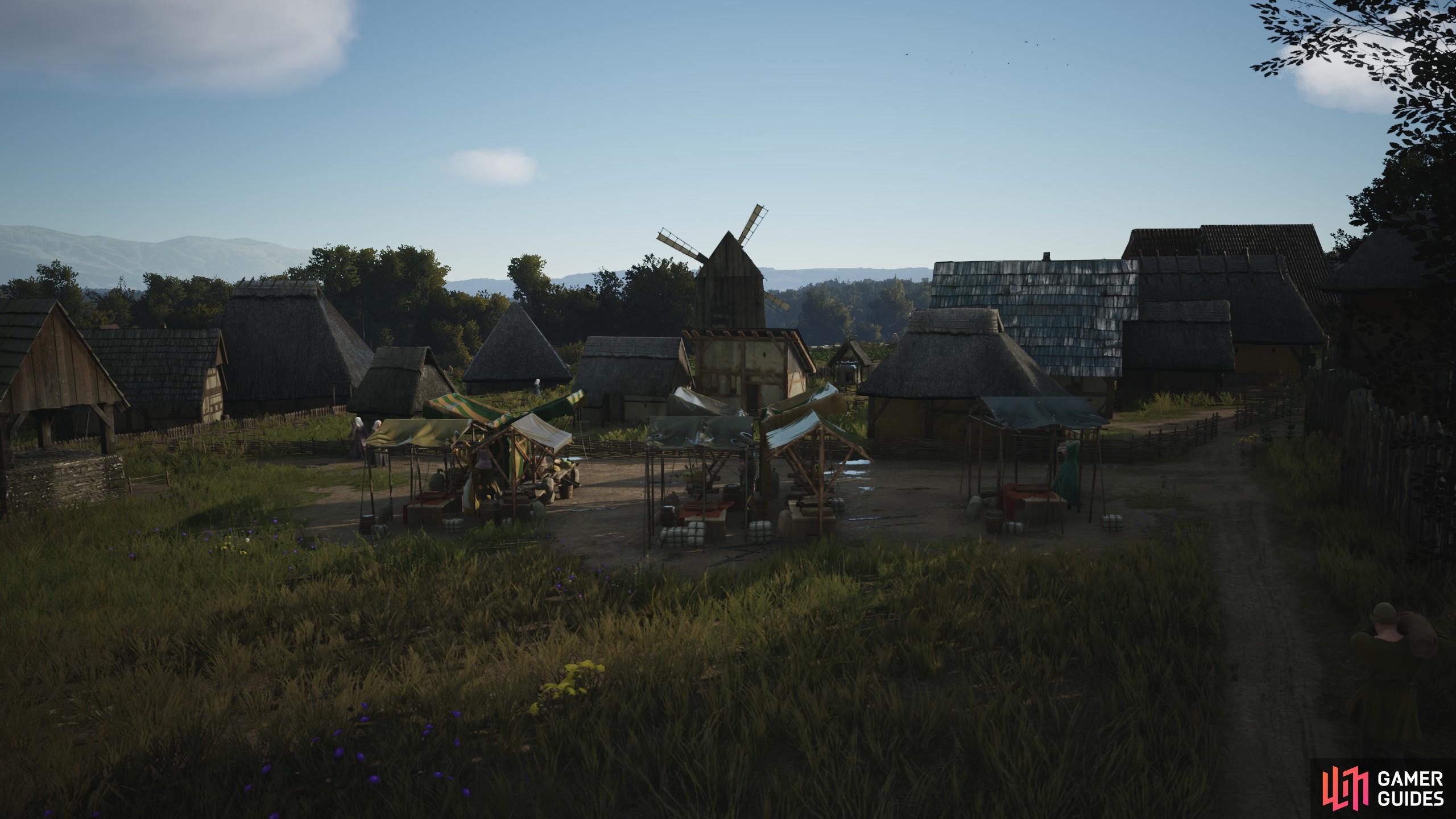
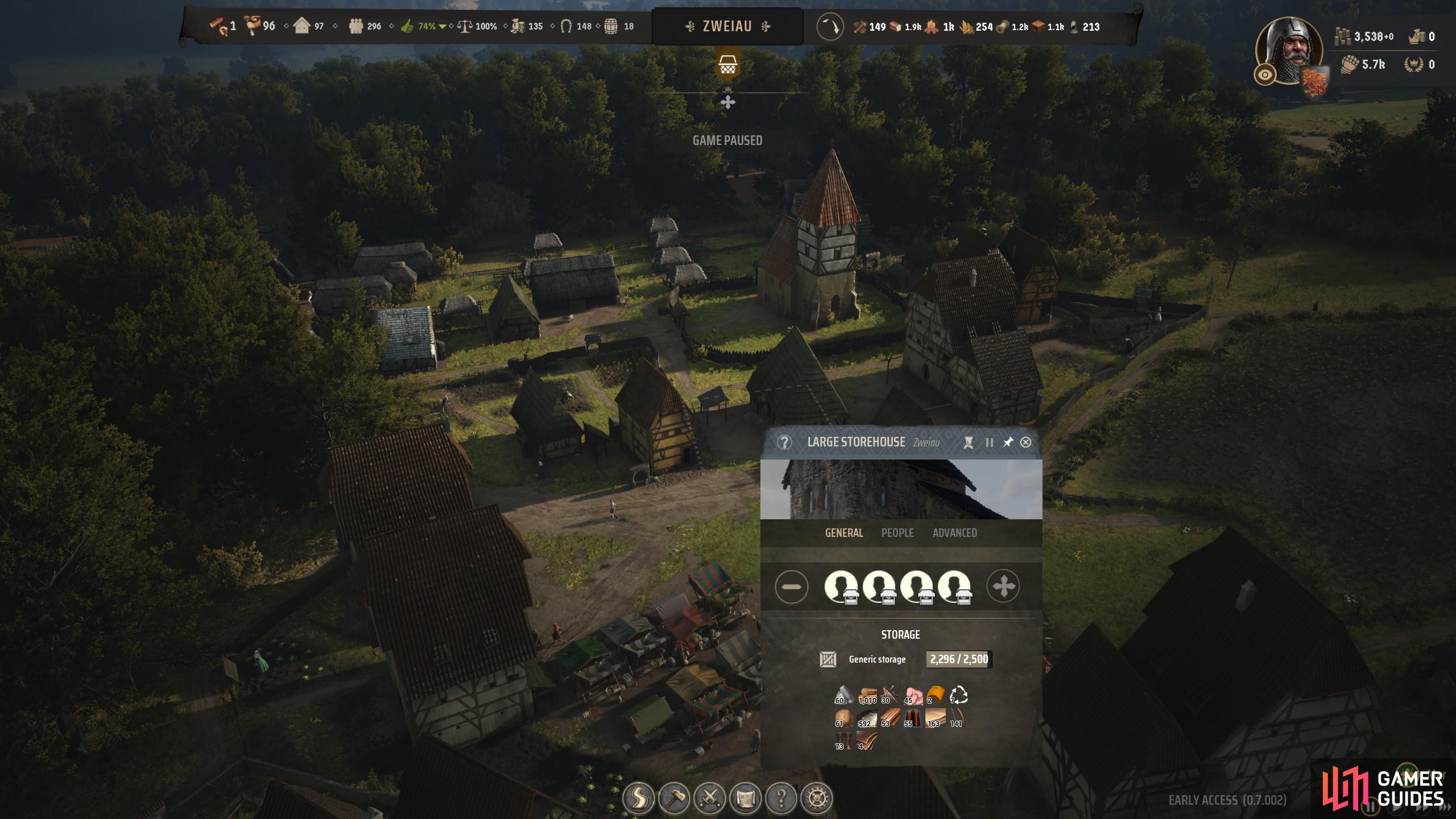
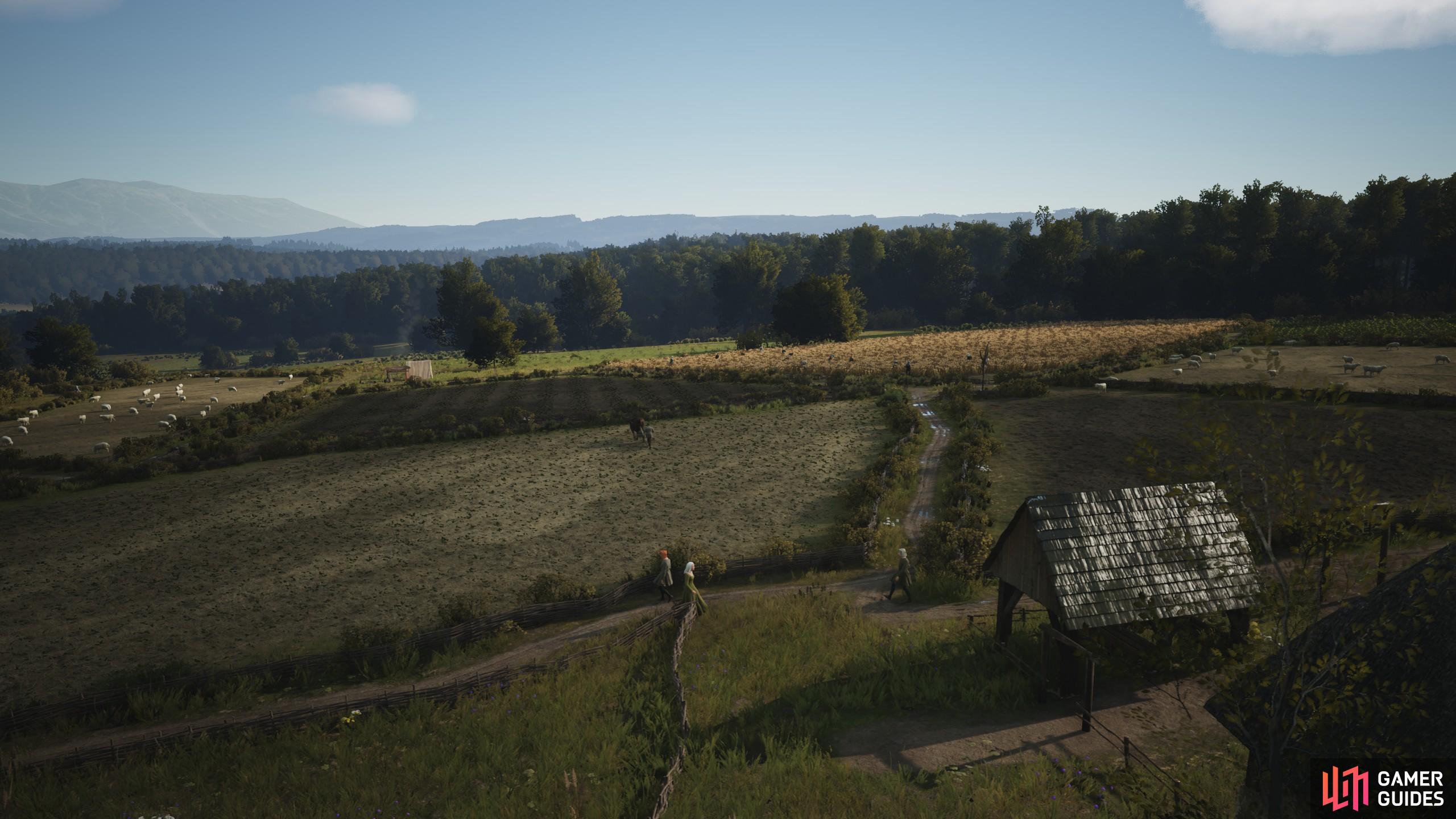
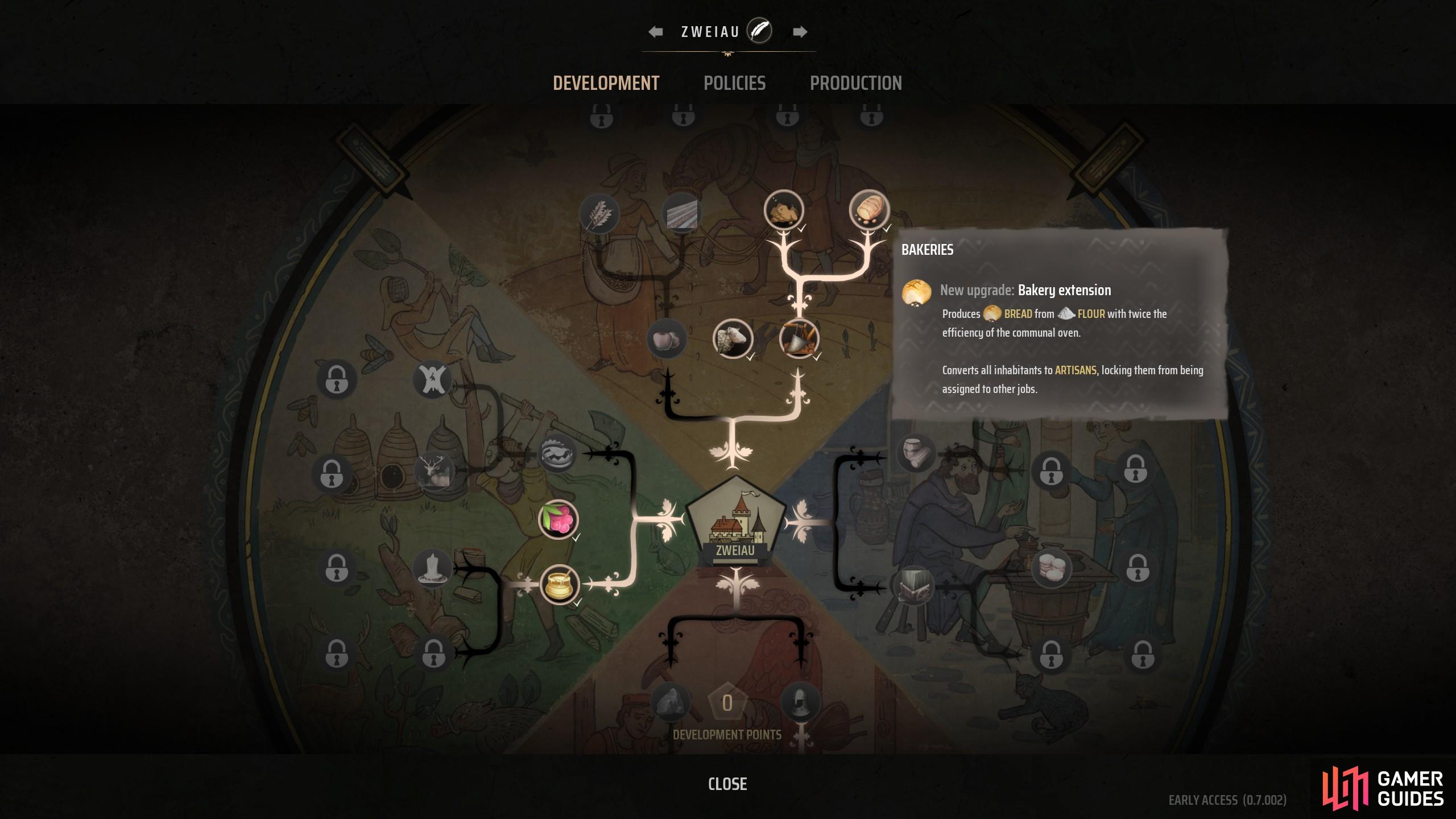
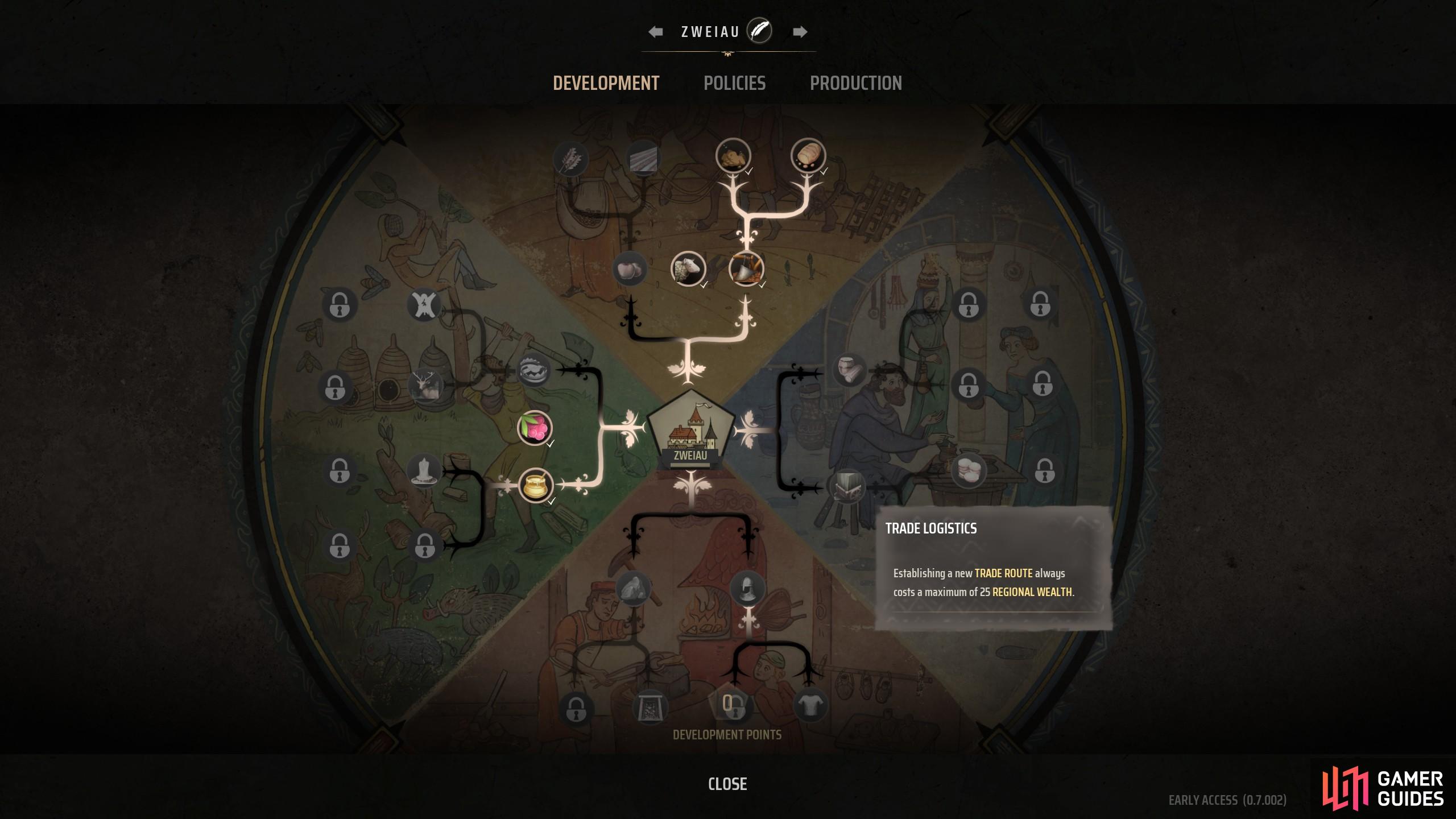
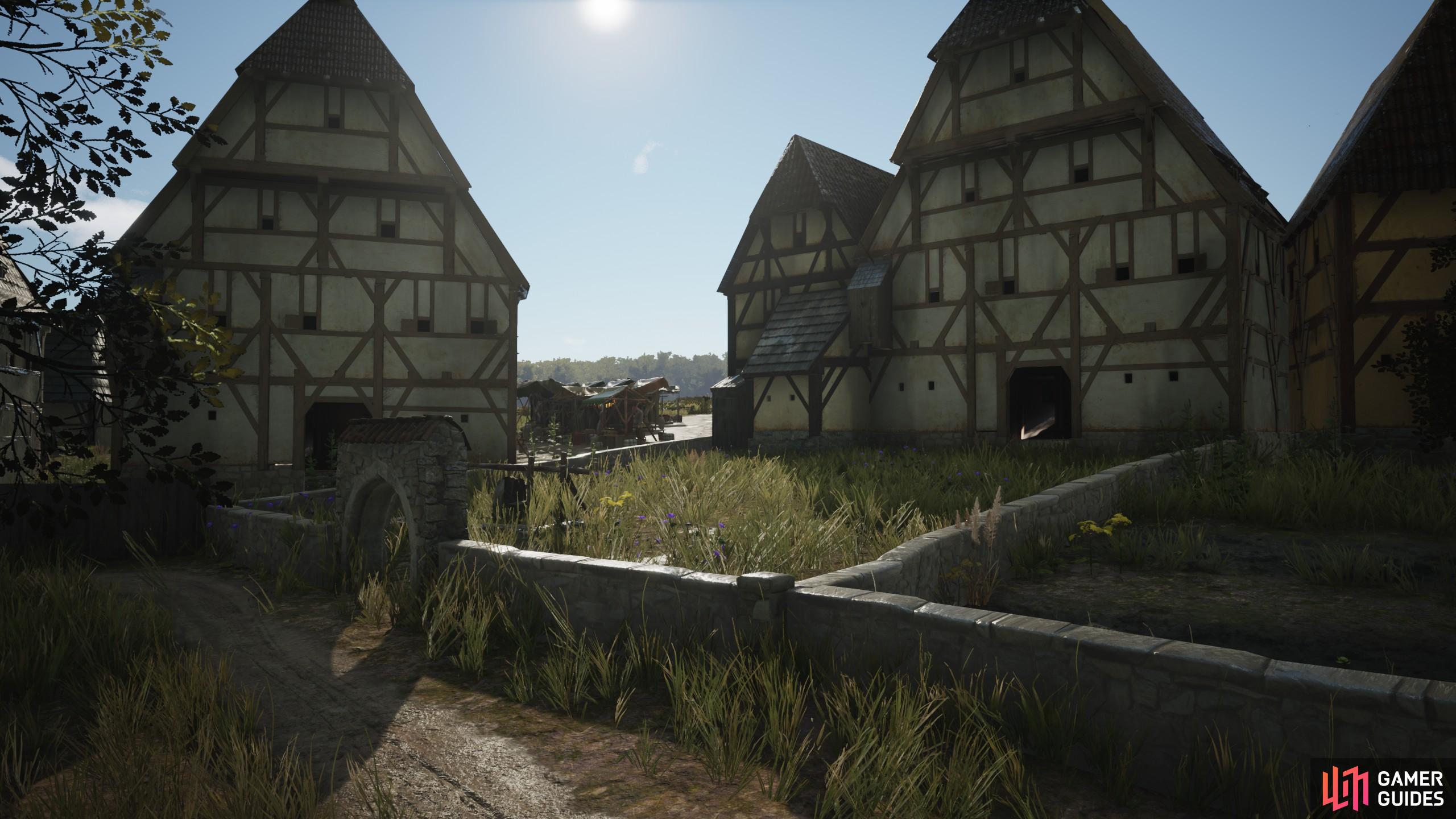
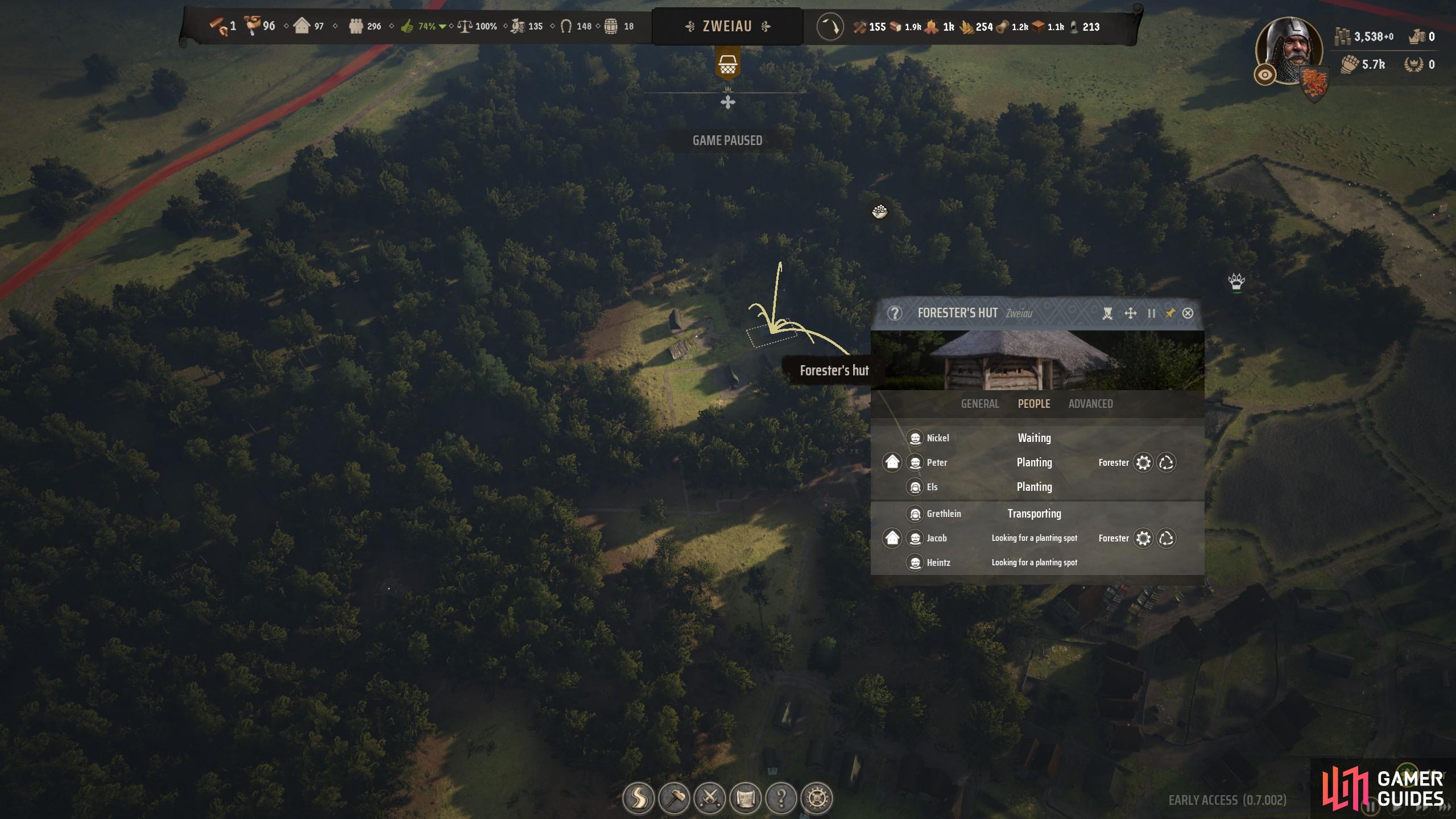
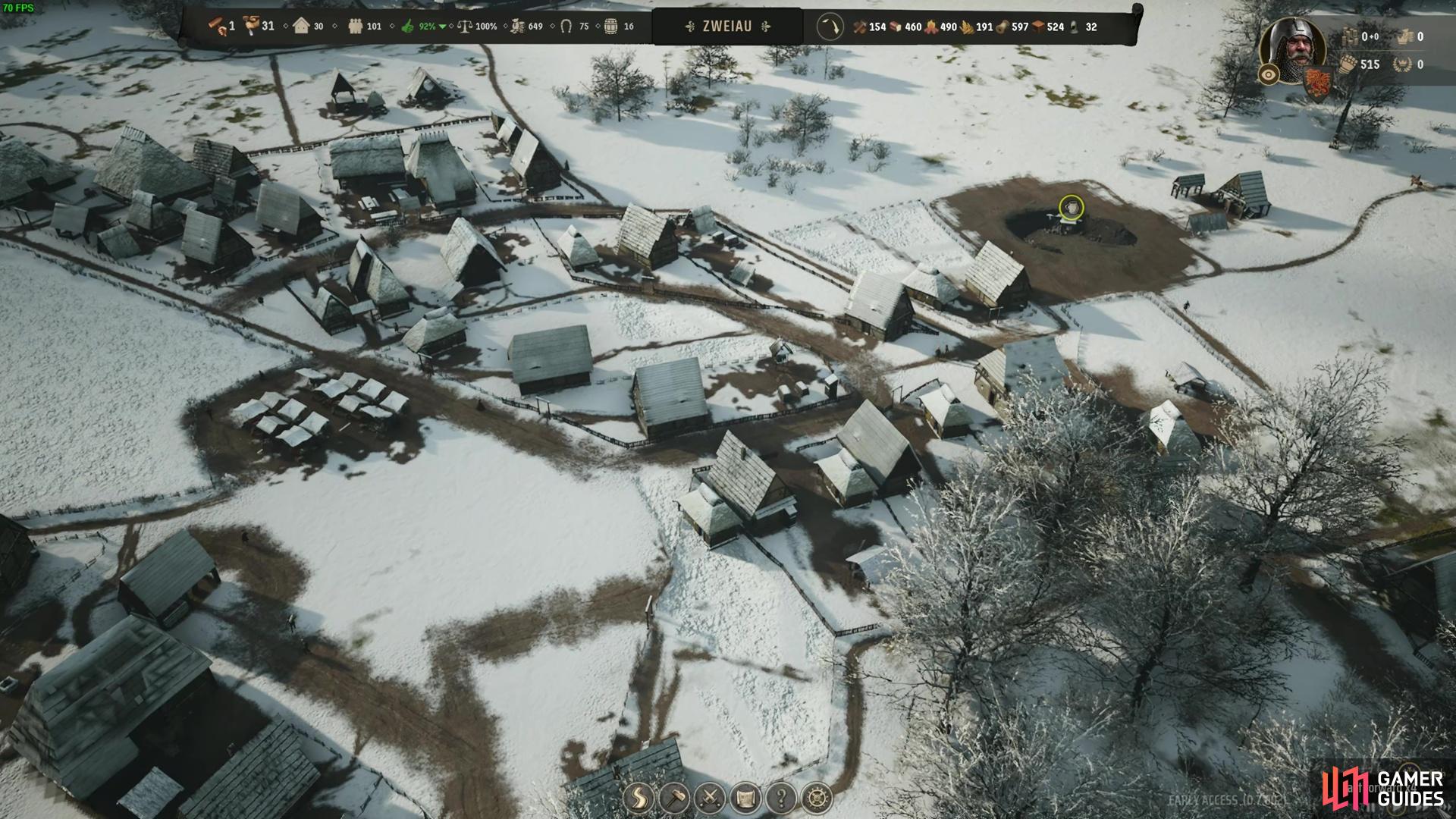
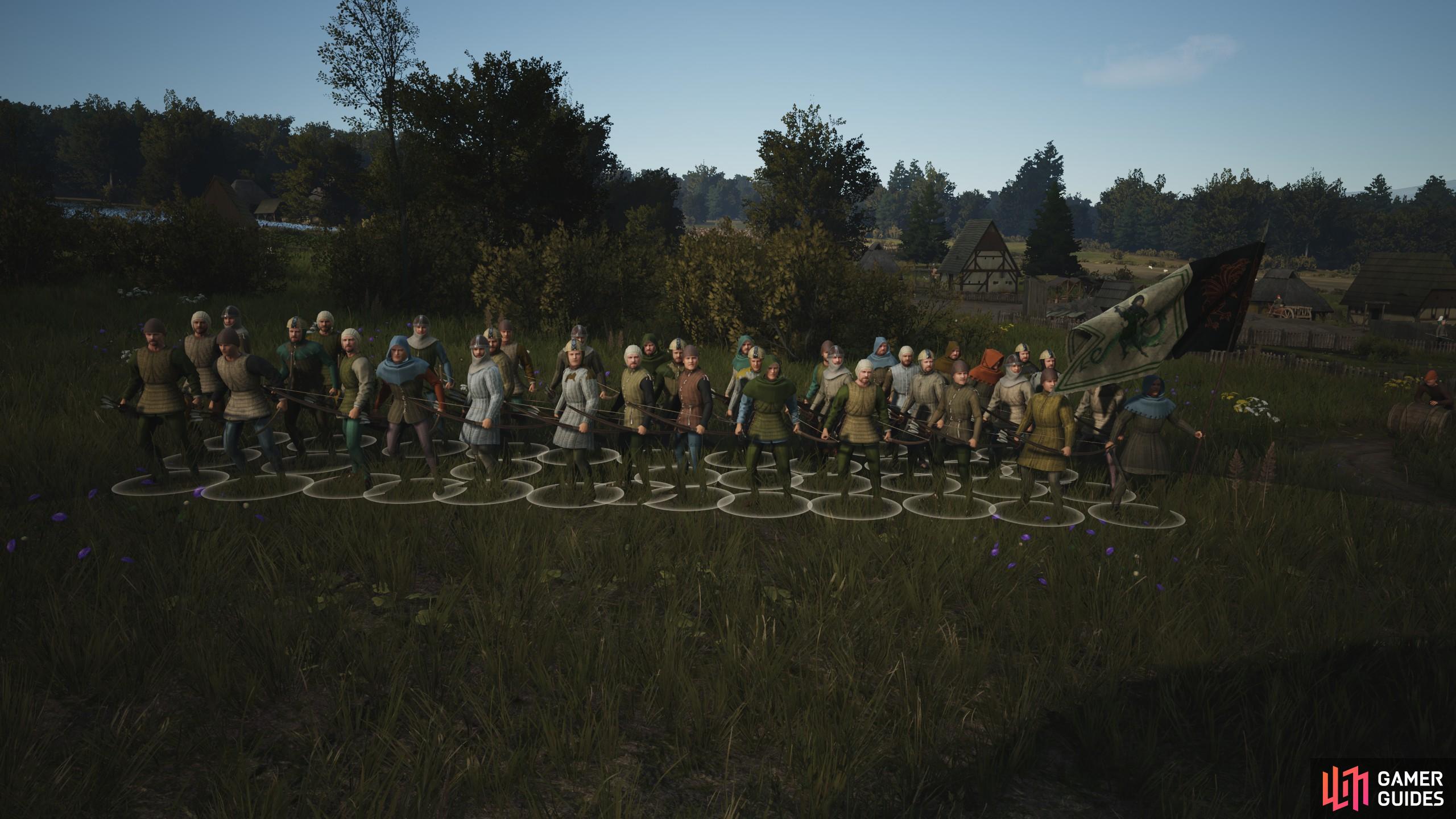
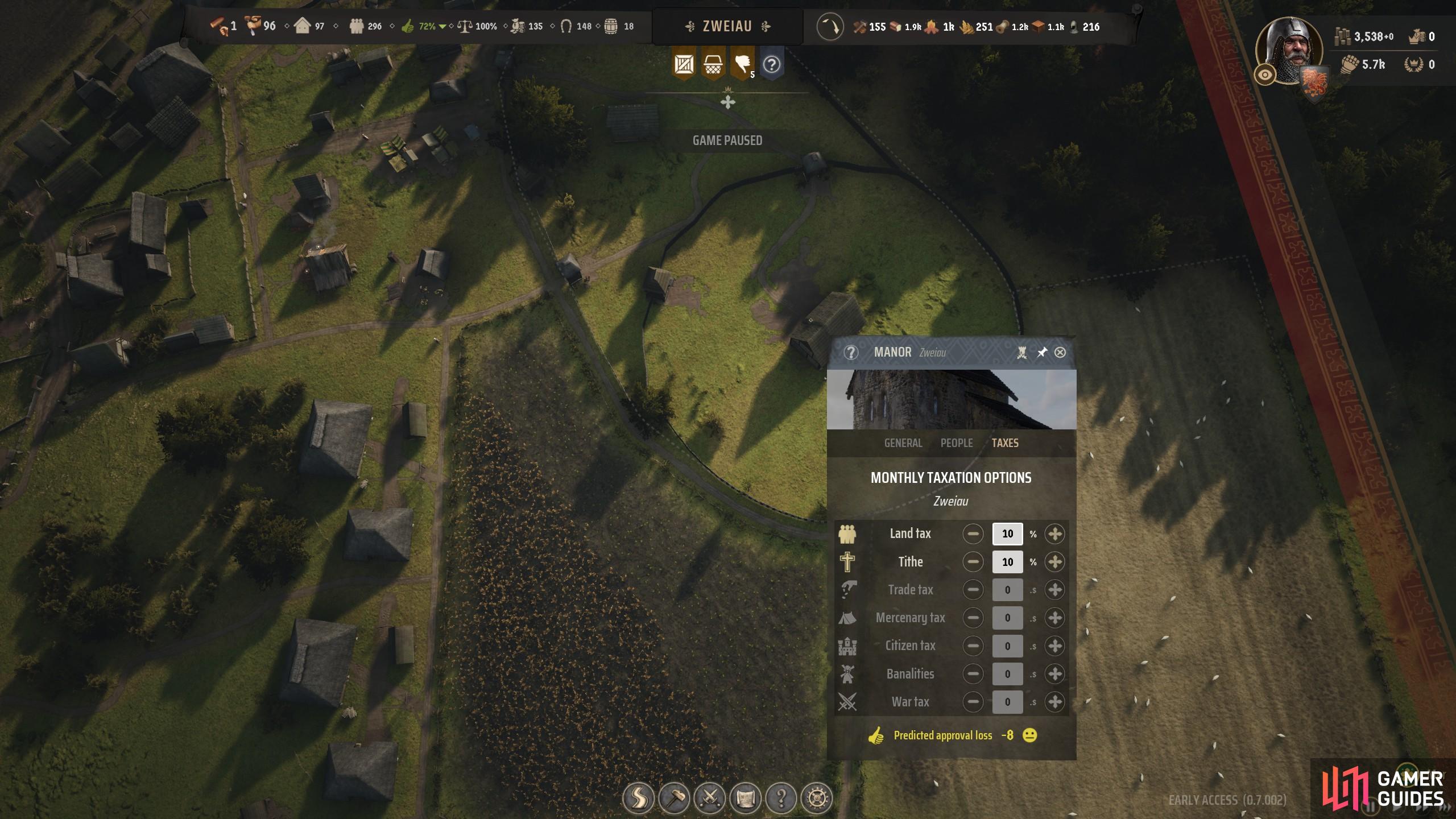

 Sign up
Sign up
No Comments